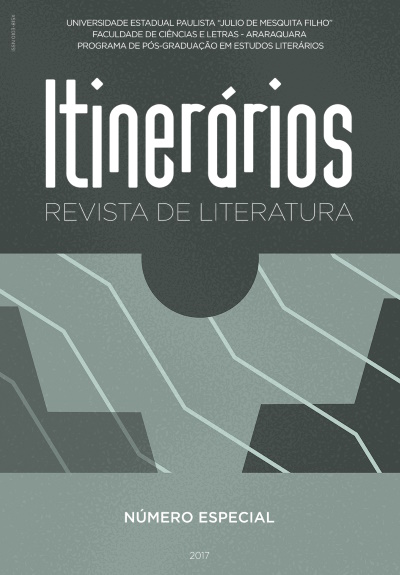Regarding the self: memory deployment in Confessions, by Paul Verlaine
DOI:
https://doi.org/10.58943/irl.viesp.11241Keywords:
Autobiography, Confessions, Memory, Paul Verlaine, Reverie,Abstract
In spite of being proliferous, Paul Verlaine’s prose works are little discussed about or studied. His prose writings are vast, including fiction, literary reviews, travel journals, and a considerable amount of autobiographical works, among which Confessions is the most notable one. Being relevant both for its historical curiosity and its literary quality, Confessions relates a great deal of the author’s life, inscribing itself in a literary gender that, having particular features, follows the tradition begun by Saint Augustine (354-430 d. C.) and later Jean-Jacques Rousseau (1712-1778). Verlaine’s Confessions dialogues with both authors in order to reflect upon life, death, love, art, and loss. From this brief considerations, we propose a key to reading this interesting work, highlighting the wonderings of Self and the processes of memory constitution, in light of Henri Bergson’s (1859-1941) and Gaston Bachelard’s (1884-1962) studies, while attempting to analyze its imagery, a vital mnemonic resource.Downloads
Published
26/03/2018
Issue
Section
Articles
License
Os manuscritos aceitos e publicados são de propriedade da revista Itinerários. É vedada a submissão integral ou parcial do manuscrito a qualquer outro periódico. A responsabilidade do conteúdo dos artigos é exclusiva dos autores. É vedada a tradução para outro idioma sem a autorização escrita do Editor ouvida a Comissão Editorial.

